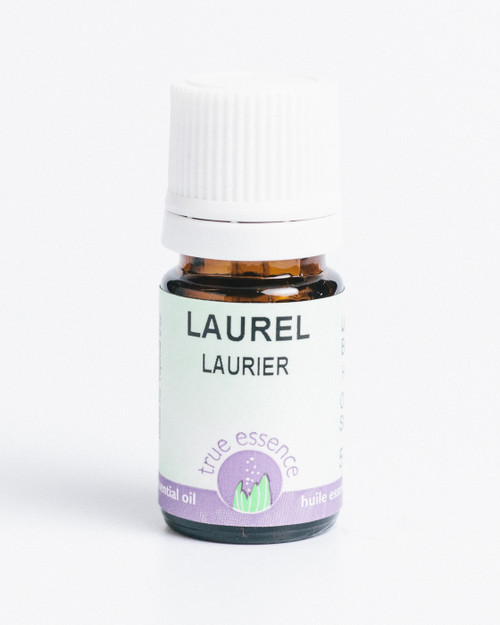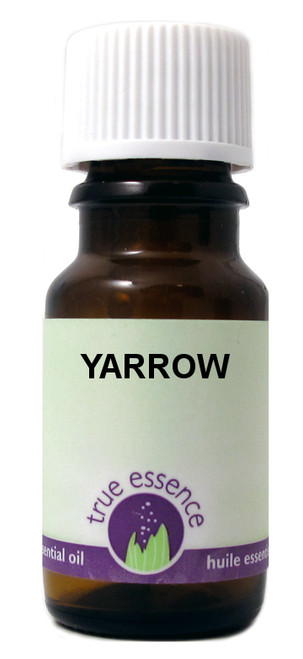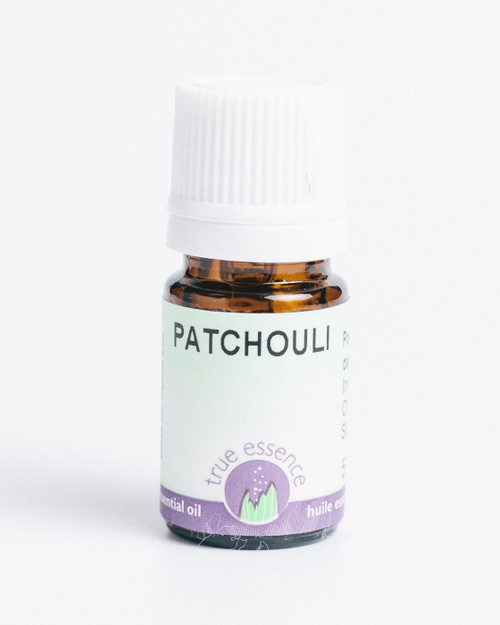Product Description
Product Name: Laurel (Org.) EO
Latin Name: Laurus nobilis
Country of Origin: Bosnia-Herzegovina
Method of Extraction: Steam Distilled
Cultivation: Organic
General Description: Laurel essential oil is steam distilled from the leaves of the Laurus nobilis plant, which is an evergreen shrub native to the Mediterranean region. It has a fresh, sweet, and spicy aroma that is often used in perfumery, aromatherapy, and culinary applications. The top producer of laurel essential oil is Bosnia-Herzegovina.
Notes: Top-middle
Common Uses: Laurel essential oil is known for its antibacterial, antifungal, and antiviral properties. It is often used in natural remedies to help support the immune system, and it may also help to ease respiratory congestion. In aromatherapy, it is believed to promote mental clarity, focus, and calmness. Laurel oil can be used in massage blends to ease muscle tension and soothe sore joints. It is also a popular ingredient in natural skincare and haircare products.
Characteristics: Laurel essential oil is pale yellow in color with a fresh, sweet, and spicy aroma.
Blends with: Laurel essential oil blends well with many other essential oils, including bergamot, cedarwood, clary sage, cypress, eucalyptus, frankincense, ginger, juniper berry, lavender, lemon, marjoram, peppermint, pine, rosemary, and tea tree.
Cautions: Laurel essential oil should be used with caution during pregnancy and by people with sensitive skin. It is recommended to perform a patch test before using it topically. It should not be used internally without the guidance of a qualified healthcare professional.
Spiritual: Laurel essential oil has been used in spiritual practices for centuries. It is associated with victory, achievement, and success. It is believed to promote courage, confidence, and mental clarity. It is also associated with protection and purification.
History: Laurel has been used for medicinal and culinary purposes since ancient times. In Greek mythology, the god Apollo is said to have transformed the nymph Daphne into a laurel tree to protect her from the advances of the god Eros. The leaves of the laurel tree were later used to make wreaths that were given to victors in ancient Greek and Roman competitions.














